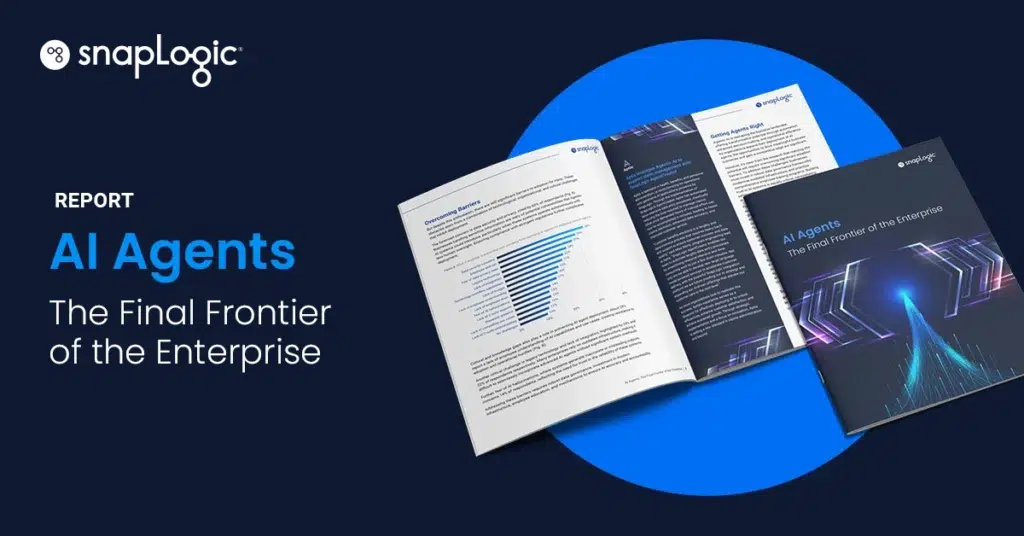Where does data get stored in Azure?
Microsoft’s Azure Storage offers a variety of data storage services. Everything stored in Azure Storage exists in triplicate in specified data centers located around the world – the copies negate the risks of hardware failures. Azure Storage also offers customers the option of backups in data centers in additional geographical regions.
Azure Storage is highly durable, accessible, encrypted, and secure.
Azure Storage has a range of services designed for specific use cases:
Azure Data Lake Store (ADLS) is a data lake that can store any data in its native format. One of the goals of this data store is to bring in data from disparate sources.
Azure Blob Storage is for unstructured data like audio, video, documents, etc. Objects are stored based on the frequency of access necessary: objects in “cool” tiers with less access have lower data storage costs. Blob Storage objects can be edited without download, resulting in speedier application performance and lower bandwidth consumption. Updates in objects are verified everywhere to ensure data integrity.
Azure Queue Storage is for storing and retrieving list of messages to be processed asynchronously. A queue can store millions of messages and each message can be as large as 64KB. Application components are decoupled so each component can be scaled independently, which improves resiliency as alternative components can be activated in case of component failure.
Azure File Storage is for sharing files across platforms so users can share files regardless of whether their systems are running Windows, Linux, or macOS. In addition, files can be accessed using Server Message Block, Representational state transfer, or Azure File Sync via high latency, low bandwidth links. Files are secured as they are encrypted at rest and in transit by SMB 3.0 and Hypertext Transfer Protocol Secure standards. Azure File Storage is also useful for migrating applications into the cloud.
Azure Disk Storage is for high I/O operations such as critical applications and testing scenarios. It can also be used as a hard disk for a virtual machine. The Premium Disk Storage (SSD) option is best for workloads in which low latency and high throughput are critical; Standard SSD is best for workloads for which consistency is critical. Azure Disk Storage claims 99.999% availability, automatic encryption at rest, and three data replicas. Moreover, its maximum disk throughput per virtual machine without caching is 80,000 IOPS and 2,000 MB per second.
The SnapLogic Intelligent Integration Platform with its pre-built connectors has abstracted all the complexities of ADLS so users know where data is stored in Azure. Users can also quickly and easily move data from various systems to ADLS without needing to know anything about the complexities of Azure’s APIs.









